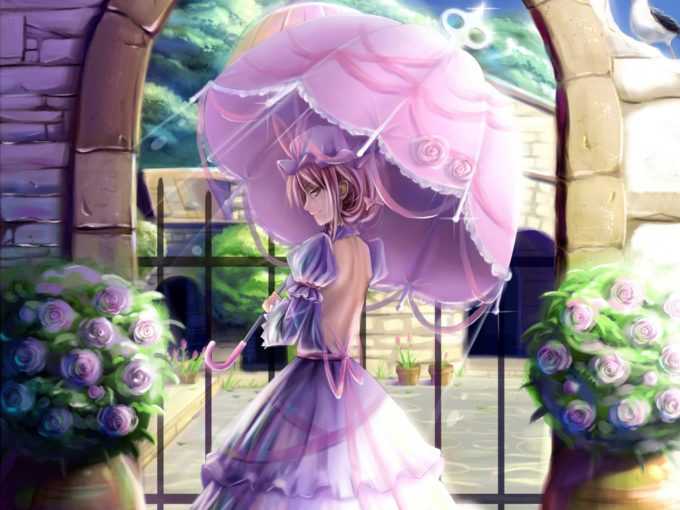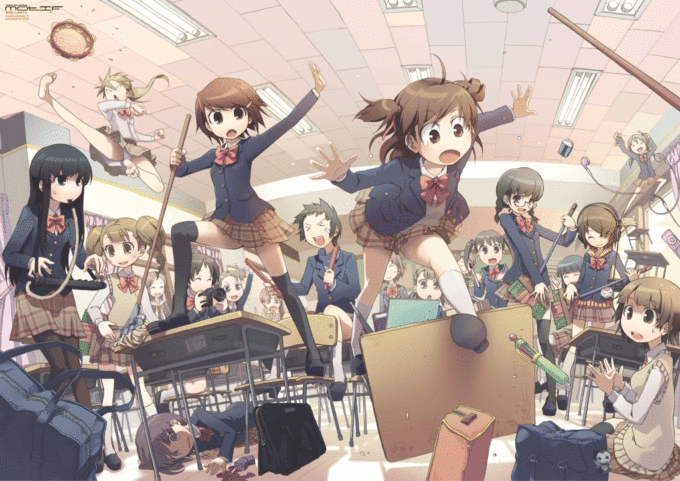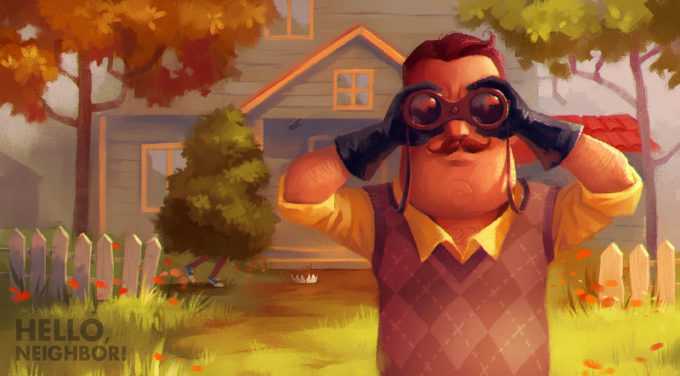Exercise 5. Заполните пропуски в предложениях, используя was, were, wasn’t, weren’t.

- There ____ a lot of people in the fast food restaurant last night. It was very busy!
- «____ Katie at school last week? » «No, she ____ . She was sick.»
- «These flowers are beautiful. ____ they expensive?» » No, they ____ «
- ____ James and Charlotte in the florist’s? Yes, they ____ .
- That’s a pretty dress. ____ it in the sale? Yes, it ____ .
- ____ there a toy shop in that shopping centre? No, there ____ .
- Where ____ you yesterday, Sam? I ____ at the zoo with my mum.
- We ____ at home last night. We ____ at the cinema with friends.
Answers: 1. were. 2. was, wasn’t. 3. were, weren’t. 4. were, were. 5. was, was. 6. was, wasn’t. 7. were, was. 8. weren’t, were.
Exercise 5. Перепишите следующий текст в прошедшем времени.

On Monday we have five lessons. The first lesson is Russian. At this lesson we write a dictation and do some exercises. Nick goes to the blackboard. He answers well and gets a «five». Pete does not get a «five» because he does not know his lesson. After the second lesson I go to the canteen. I eat a sandwich and drink a cup of tea. I do not drink milk. After school I do not go home at once. I go to the library and change the book. Then I go home.
Answers: On Monday we had five lessons. The first lesson was Russian. At this lesson we wrote a dictation and did some exercises. Nick went to the blackboard. He answered well and got a «five». Pete did not get a «five» because he did not know his lesson. After the second lesson I went to the canteen. I ate a sandwich and drank a cup of tea. I did not drink milk. After school I did not go home at once. I went to the library and changed my books. Then I went home.
Exercise 1. Добавьте окончание -ed к глаголом и распределите их по колонкам.
to listen, to permit, to stay, to hate, to fry, to travel, to walk, to live, to rob, to carry, to save, to clean, to hurry, to slip, to answer, to bake, to empty, to prefer, to play, to like, to regret, to talk, to reply, to plan, to wait, to close, to tidy.
|
-ed |
-d | -ied |
Double consonant + -ed (двойной согласный+ -ed) |
Answers: -ed: listened, stayed, walked, cleaned, answered, played, talked, waited; -d:hated, lived, saved, baked, liked, closed; -ied: fried, carried, hurried, emptied, replied, tidied; double consonant+-ed: permitted, travelled, robbed, slipped, preferred, regretted, planned.
Exercise 6. Поставьте глаголы в скобках в Past Simple.
- — ____ (you/play) basketball yesterday afternoon?
— No, I ____. I ____ (surf) the Net.
2. — ____ (your cousin/visit) Germany last month?
— No, he ____ . He ____ (visit) Prague.
3. — How old was Mozart when he ____ (die)?
— 35 years old.
4. — When ____ (you/finish) work yesterday?
— At 5:00. Then I ____ (walk) home with Jane.
5. — When ____ (your parents/call) you?
— They ____ (call) an hour ago.
Answers: 1. Did you play, I didn’t, surfed. 2. Did your cousin visit, he didn’t, visited. 3. died. 4. did you finish, walked. 5. did your parents call, called.
WELL DONE!

Литература:
- Павличенко О.М. Английский язык. Грамматический практикум. II уровень. — 2-е изд., испр. и доп. — X.: Ранок, 2012. — 304 с.
- Голицынский Ю.Б. Грамматика: Сборник упражнений. — 5-е изд., — СПб: КАРО, 2005. — 544 с. — (Английский язык для школьников).
- Английский язык. 5 класс: учеб. для общеобразоват. организаций / . — 7-е изд. — М.:Express Publishing: Просвещение, 2016. — 164с.
Exercise 4. Раскройте скобки, употребляя глаголы в Past Simple.

- What your neighbours (to do) yesterday?
- Mr. Smith (to fix) his car yesterday morning.
- His wife (to water) plants in the garden.
- Their children (to clean) the yard and then they (to play) basketball.
- In the evening their boys (to listen) to loud music and (to watch) TV.
- Their little girl (to cry) a little and then (to smile).
- Her brothers (to shout) at her.
- Mrs. Smith (to work) in the kitchen.
- She (to bake) a delicious apple pie.
- She (to cook) a good dinner.
- She (to wash) the dishes and (to look) very tired.
- The children (to brush) their teeth, (to yawn) a little and (to go) to bed.
- Their mother (to change) her clothes and (to brush) her hair. Then she (to talk) on the phone.
- Her husband (to smoke) a cigarette and (to talk) to his wife.
- They (to wait) for the bus. The bus (to arrive) at 9 o’clock.
- They (to visit) their friends.
- They (to dance) a lot there.
- Mr. and Mrs. Smith (to rest) very well last night. They really (to have) a wonderful time at their friends.
Answers: 1. What did your neighbours do. 2. Mr Smith fixed. 3. His wife watered. 4. Their children cleaned, they played. 5. Their boys listened, watched. 6. Their little girl cried, smiled. 7. Her brothers shouted. 8. Mrs Smith worked. 9. She baked. 10. She cooked. 11. She washed, looked. 12. The children brushed, yawned, went. 13. Their mother changed, brushed, talked. 14. Her husband smoked, talked. 15. They waited, the bus arrived. 16. They visited. 17. They danced. 18. Mr and Mrs Smith rested, they really had.





























